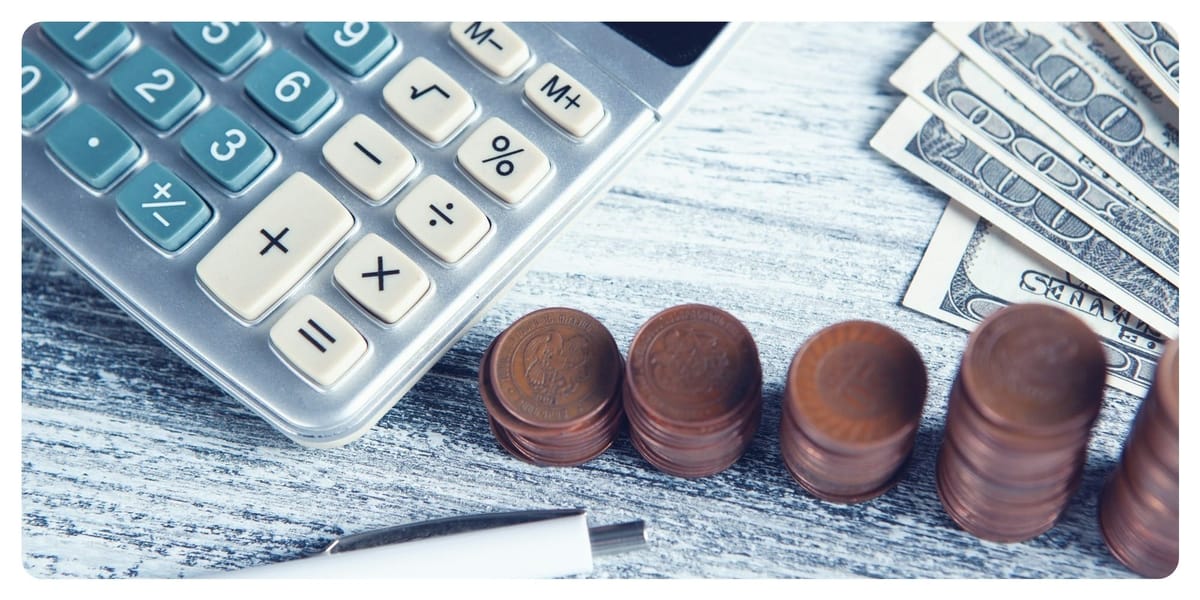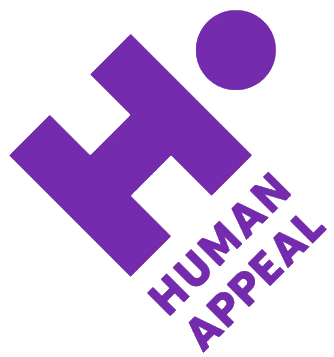Best Zakat Calculator

What is Zakat?
The word Zakat has two meanings: purification, and growth and increase.
In the light of the Quran and Sunnah, Zakat refers to a portion of a Muslim’s assets that must be spent according to the guidance in the Quran. Zakat is one of the five pillars of Islam that are obligatory for a Muslim to fulfil.
It is paid once a year (lunar year) on the entire wealth that has been in your possession for a year if it meets or exceeds the Nisaab threshold. Zakat is paid preferably in the month of Ramadan because the rewards and blessings for good deeds are multiplied by 70. But it can be paid any time of the year or in smaller payments all year round.
However, Zakat is not mandatory for all Muslims. It is an act of worship and an obligation for a Muslim who is a major (Baligh), sane and meets the Nisaab requirements (Sahib-un-nisaab). Minors are not obliged to pay Zakat until they reach maturity or regain their sanity.
What is Nisaab?
Nisaab is the Zakat threshold for Muslims. Those who own wealth equal to or more than this threshold (Nisaab) are obliged to pay Zakat while those who own less than this threshold are exempt from paying Zakat.
Sahib-un-nisaab is a person who owns the minimum amount of wealth or more on which Zakat is mandatory. The Nisaab was set by Prophet Muhammad (SAW) and it is equal to 87.48 grams of gold and 612.36 grams of silver or its equivalent of cash, assets, trading funds, inventory etc.
Originally, the Nisaab of Zakat was equal, meaning 87.48 grams of gold and 612.36 grams of silver were equal in value. However, over the centuries, the value of silver did not increase like the value of gold resulting in different Nisaabs. However, some muslim scholars believe that donors should stick to the silver value because that way more people will be eligible to pay Zakat. Hence, more Zakat recipients will get financial help.
How do I know if I need to pay Zakat?
You need to pay Zakat if you are:
A Muslim: Zakat is not mandatory for non-Muslims as it is an act of worship that is only obligatory for Muslims.
Baaligh-meaning you have reached puberty: Age of puberty can vary from person to person. Minors who lack legal capacity are exempt from paying Zakat until they reach the age of puberty (become Baaligh).
Sane: A person who is mature but insane is exempt from Zakat. However, if the person regains sanity, the Zakat will be obligatory after one lunar year from when they regained their sanity.
Own wealth-on which Zakat is mandatory (Sahib-un-nisaab)
What type of wealth does Zakat apply to?
For an asset or wealth to be Zakatable, it should meet the following general conditions:
Ownership: You are only liable to pay Zakat on an asset if the asset has been under your complete ownership. If you possess an asset but are not its legal owner, you are not liable to pay Zakat because of this asset.
Excess of Basic Necessity: The assets that are for your own use such as your house, furniture, crockery, etc., are not Zakatable. But if the asset was purchased with an intent of profit in future or to be sold, Zakat would apply to it. The same goes for cash that you own. Cash that is to be used for basic necessities is not Zakatable unless you are holding onto it with the intent of investing it or using it to buy an asset.
Potential of Growth: Zakat applies to assets that have a potential for ‘growth and increases’. For instance, the cash savings that you plan to invest, gold, silver or property that will increase in value or securities that pay returns.
Possession for One Year: Zakat is paid on assets which have been in your possession for one year.
Nisaab Equivalent: The asset should be equivalent to the Nisaab or exceed it.
Who are the Recipients of Zakat?
Allah (SWT) has specified the recipients of Zakat in the Quran, in verse 60 of Surah Toba. There is also a consensus among the Muslim jurists that Zakat should only be paid to these 8 recipients:
1. Fuqrah and Masaqeen (Poor and the needy)
These are the poor and needy people who struggle to make ends meet and:
- Do not own any assets or property
- Do not own any asset or property other than their own house, furniture, clothing, tools, etc.
- Own more than the basic necessity but it is below the value of Nisaab
- Own property in excess of Nisaab but are not obliged to pay Zakat (for instance own diamonds, barren land, etc)
2. Al-Aamileen (Zakat Collectors)
It refers to the collectors of Zakat or the organization collects Zakat on their behalf. Zakat collectors who are sahib-un-nisaab can be recipients of Zakat funds because their job is the collection of Zakat. Therefore their salaries (which are meant to fulfill their needs) are to be paid from Zakat money.
3. Al-Mu’allafatu-AlQuloob (Whose hearts are to be Won)
To strengthen the hearts of people, and make them more inclined towards Deen, Zakat can be paid to them. This also refers to new Muslims who are destitute.
4. Ar-Riqaab (Freeing on Slaves)
Zakat can be used to free a slave by paying their master. However, the Zakat in this category should not increase the wealth of the slaves.
5. Gharimeen (Debtors)
Zakat can be used to help a debtor pay down debt or afford a living. A person whose wealth is below the threshold of Nisaab and is also under debt can be a recipient of Zakat.
6. Fi Sabilillah (Allah’s Way)
Muslim scholars have different interpretations of the word Fi Sabilillah. Scholars from different schools of thought believe that Zakat can be used to help poor and needy pilgrims of Hajj perform their deeds while others believe it can be spent on the poor and needy persons. However, all jurists are unanimous that Zakat cannot be used to build mosques, hospitals, and water wells to benefit the Muslim community.
7. Ibn-us-sabil (Travelers)
Zakat can be given to a traveler who has lost money or becomes poor and needy. The traveler can be wealthy at his place of residence. Only the amount which is needed to make their way back home or meet basic needs should be paid from Zakat. If the traveler is wealthy, it is preferable for them to borrow funds instead of accepting Zakat.
When to give my Zakat?
You should give Zakat after the passage of one year from the time your wealth exceeded the Nisaab threshold. To make Zakat payment easier you can also split your yearly Zakat into monthly, quarterly or random payments throughout the year. Many Muslims prefer paying Zakat in Ramadan because the good deeds are multiplied 70 fold so you’ll be rewarded and blessed 70 additional times.
It is important to note that Zakat is a form of worship therefore, your intent in giving Zakat matters the most. Therefore, you should invest some time into understanding the rulings and calculating your Zakat properly. Zakat is meant to cleanse your wealth and invite blessings of Allah (SWT), therefore, it must be paid with good intentions and only for the sake of Allah.
How to calculate your Zakat with an example?
Your Zakat is 2.5% of your total wealth if you meet or exceed the Nisaab threshold. (Own 612.36g of silver or 87.48g of gold or equivalents).
To calculate your Zakat, you need to first take into account all the assets that you own and the date on which you acquired or earned them. For instance, if your wealth reached Nisaab and your wealth became Zakatable at the beginning of January 2021, you will have to pay Zakat after one year in January 2022.
- When calculating Zakat, you need to take into account assets such as:
- Precious metals: gold and silver
- Cash in your bank or at home
- Investments and saving accounts
- Property other than the house you live in
- Pension funds
- Inventory, livestock or farm produce (in your possession for more than one year)
If your wealth exceeds the Nisaab threshold, the Zakat applies to your entire wealth which can be a combination of assets, cash, etc.
Calculate the value of assets that have been in your possession for more than one year and multiply it by 2.5% to know your zakat amount
For instance, Hammad bought 83 grams of gold in September 2021 and invested $10,000 in a savings account on December 1, 2021. So, his wealth exceeded the Nisaab threshold on December 1, 2021. Therefore, Zakat will be due on December 1, 2022.
Zakat will be calculated using the value of his assets on December 1, 2022.
Let’s say his total wealth is equal to $16,000.
$16,000 x 2.5% = $400
Hammad’s Zakat is $400.




